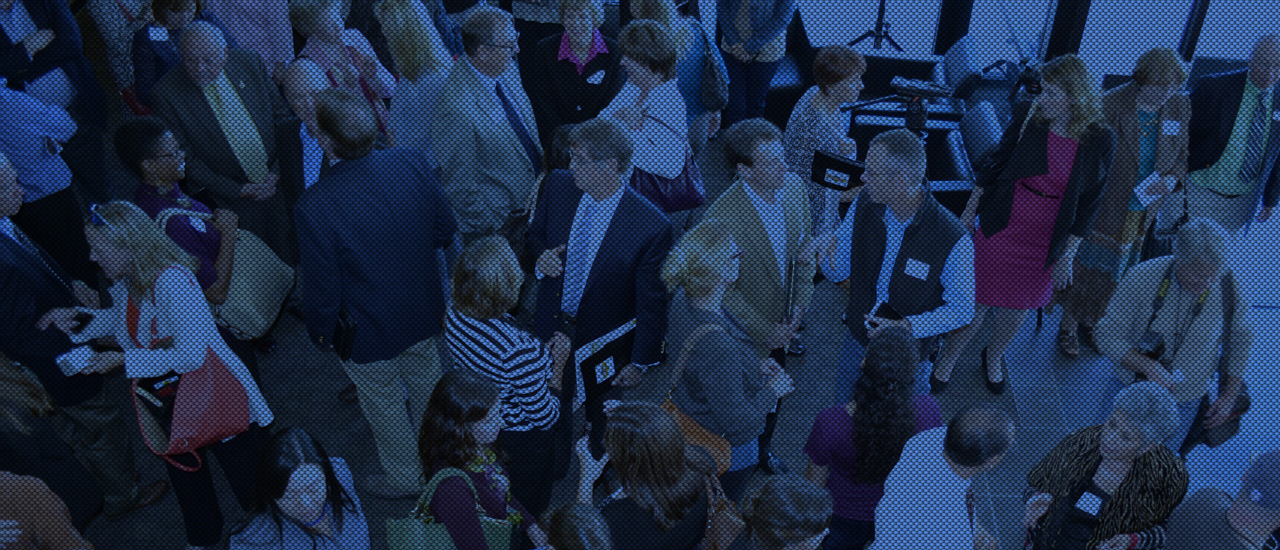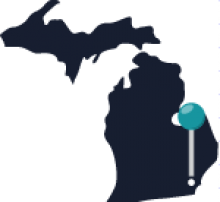Insider Abuse

Insider Abuse

I'm not going to be so naive as to say an officer hasn't seen a pretty girl and run her plate.
DESCRIPTION
Covert surveillance systems are powerful tools that can be abused. They present unethical law enforcement officers with the opportunity to stalk or harass partners, ex-partners, friends, and rivals. That temptation proves too much for some to resist.
Journalists, watchdogs, and corruption investigators have documented hundreds of cases of misuse of surveillance equipment and government databases by unethical officers. Some of these cases involve petty and crude mischief. Audits of London’s extensive video surveillance system, for example, revealed that operators focused their cameras disproportionately on women, frequently zooming in on women’s chests and buttocks. Managers even caught one operator remotely maneuvering his camera to peer through the window of a woman’s apartment, capturing 80 minutes of video over a month. In other cases, the abuses have been much more threatening. In Washington, D.C., a high-ranking officer collected license plate data on patrons of a gay bar. He used his access to police databases to find out which ones were married, then threatened to send the information to their spouses and employers unless they paid him thousands of dollars.
When police abuse their access to surveillance tools and databases, they put their targets in an extremely vulnerable and frightening position. Most victims of stalking and harassment can go to the police for help. But when the perpetrator is an officer, victims may be left without meaningful recourse. If the government intends to acquire powerful new surveillance systems and build large databases of personal information, it also needs systems to hold the people with access accountable. Outside monitors should audit these tools frequently. Agencies should make the results of these audits open to the public. The penalties for misuse should be stern and certain. The citizenry shouldbe assured that law enforcement officers take the public’s trust seriously.
Examples of Use
Recommendations
When government agencies consider acquiring and using surveillance systems, communities and their elected officials must both weigh the benefits against the costs to civil liberties and carefully craft policies and procedures that help to limit the negative effects that surveillance will have on fundamental rights. For a useful list of considerations, please visit the recommendations page.
